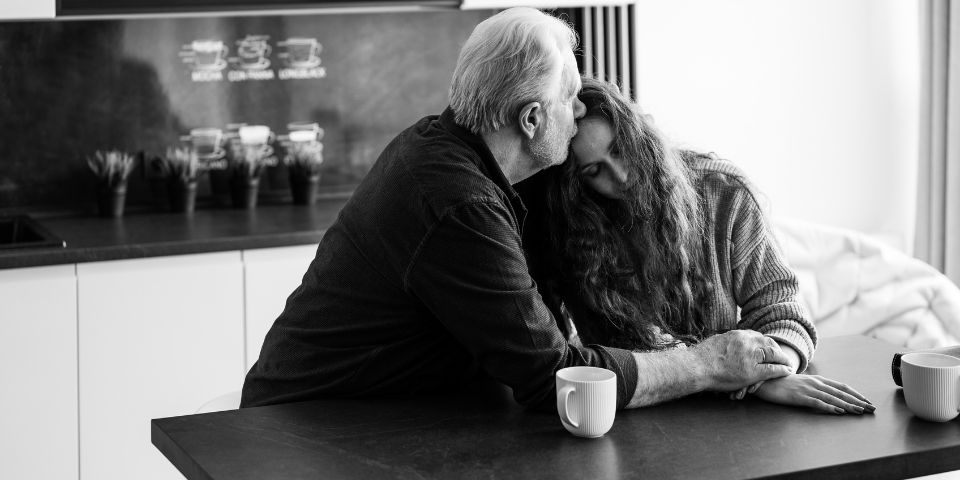Understanding Grief and the 7 Stages of Grief
What is Grief?
Definition: Intense sorrow especially caused by someone’s death.
Grief is normally used for losing a loved one. But the emotion of grief can be expressed by anyone who suffers a loss:
E.g. relationship breakdown/ death of a beloved pet/ redundancy/ retirement/ miscarriage/ infertility etc.
According to the bereavement charity Cruse, there are seven common stages of grief;
01. Shock
It can take a long time to sink in what has happened. Shock can make you feel numb.
02. Pain
The pain can be overwhelming and scary. Losing anybody you care about hurts, including loved family pets.
03. Anger
Anger is often a normal reaction to death. We can feel anger at someone dying too soon, or at the person themselves for leaving you. Sometimes the anger is directed inwards at the things we didn’t get to say or do.
04. Guilt
We can feel guilty or blame ourselves for the person’s death. Guilty feelings can also surface if we didn’t have a good relationship with the person.
05. Depression
Many people can feel that life has no meaning after losing a loved one. Furthermore, they may also want to die to join them.
06. Longing
Thinking you are hearing or seeing the deceased person is common. This is your brains way of trying to cope with the finality of the situation.
07. Other people’s reactions
Often people do not know what to say. They might be scared to upset you or may say the wrong thing. Also, they may want to avoid the topic, but you may want to talk about the person who has passed away.
Grief is individual – Everyone grieves uniquely.
There is no right or wrong way to grieve and no appropriate timeframe. People grieve in many different ways. Years after the death of a loved one, a simple thing can trigger a grief reaction.
A song, a smell or even a place can remind you of that person. You may see a gift item and want to buy it for them. “I saw this and thought of you”. But the sadness and loss hits you again as you realise this can’t happen.
Is time really a healer?
Time may be a healer, but I think you should just learn to deal with the pain in other ways. Specific grief counselling from charities (www.cruse.org.uk) or the NHS can help someone who feels alone or needs extra support.
Homeopathy, like grief, is individual to the person.
My top homeopathic remedies for grief are: Ignatia, Aurum and Nat Mur. Ignatia is in my Blue kit. Sometimes, you can be in shock from grief, in which case I would recommend Arnica or Opium. Arnica is in my Blue kit.
Bach flower remedies are just for emotions and are very powerful for grief.






